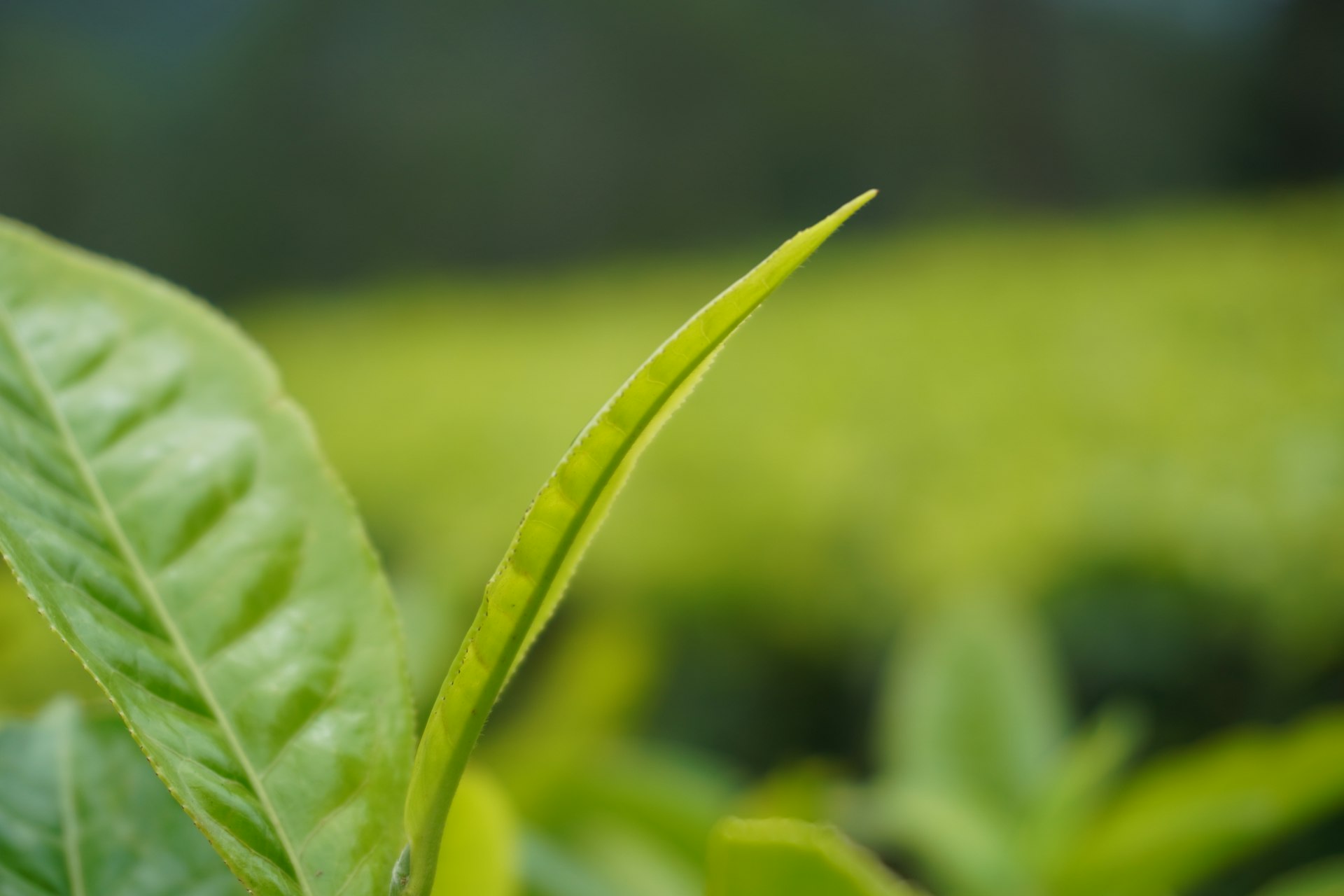Unlocking the Power of Compost Tea for Thriving Vegetable Gardens


Photo by prawito hudoro on Unsplash
Introduction: The Promise of Compost Tea for Vegetable Gardens
Healthy soil is the cornerstone of a productive vegetable garden. Gardeners seeking vibrant growth, resilient plants, and bountiful harvests increasingly turn to compost tea as a natural solution. Compost tea harnesses the power of beneficial microbes and nutrients, offering a sustainable way to enhance soil structure, boost plant growth, and minimize reliance on chemical fertilizers and pesticides. This article explores the proven benefits of compost tea, practical steps for integrating it into your gardening routine, and actionable guidance for maximizing your vegetable garden’s potential.
What Is Compost Tea and Why Does It Matter?
Compost tea is a liquid extract made by soaking finished compost in water, often with added ingredients to encourage microbial activity. The resulting “tea” is rich in nutrients and beneficial organisms that support plant health and soil vitality. Unlike simply adding compost to soil, compost tea delivers microbes and nutrients directly to the root zone and leaves, providing immediate benefits [3] .
Compost tea can be brewed using aerated or non-aerated methods. Aerated tea, made with an air pump, typically contains more active microbes. Ingredients like molasses, fish hydrolysate, or seaweed extract can be added to increase microbial diversity. No matter the recipe, the process always begins with fully finished, organic compost [2] .
Core Benefits of Compost Tea for Vegetable Gardens
1. Enhancing Soil Health
Regular application of compost tea builds a thriving soil ecosystem teeming with beneficial microbes. These organisms break down organic matter, making nutrients more accessible to plants. Improved soil structure results in better water retention and aeration, supporting root development and overall plant health [1] .
Case Example: In a community garden, weekly compost tea applications led to visibly improved soil texture and increased earthworm activity within a single growing season. Gardeners reported easier root penetration and less compaction, directly correlating with healthier, more productive vegetable plants.
2. Boosting Plant Vigor and Disease Resistance
Compost tea delivers essential nutrients and beneficial microbes that enhance plant vigor. Studies and anecdotal evidence show increased growth rates, larger yields, greener leaves, and better-tasting vegetables [2] . Beneficial microbes in the tea help plants resist common soil-borne and foliar diseases, reducing the likelihood of infection without resorting to chemicals [3] .
Real-World Application: A small-scale organic grower applied compost tea to tomatoes and cucumbers every two weeks. Compared to untreated controls, the treated plants experienced fewer instances of powdery mildew and produced noticeably sweeter fruit.
3. Reducing the Need for Synthetic Inputs
One of compost tea’s greatest advantages is its ability to minimize reliance on synthetic fertilizers and pesticides. The natural compounds and beneficial microbes suppress harmful pathogens and pests while improving overall plant resilience [1] . This approach aligns with sustainable gardening practices, reducing chemical runoff and promoting environmental stewardship.
Potential Challenge: Transitioning away from synthetic inputs may require more frequent compost tea applications and careful monitoring to maintain plant health. Gardeners are encouraged to start slowly, observe results, and adjust their regimen as needed.
4. Improving Harvest Quality and Quantity
Incorporating compost tea into your vegetable gardening strategy leads to more abundant, flavorful, and nutrient-rich produce. Enhanced nutrient availability and improved soil structure support vigorous growth and larger yields [1] . Many gardeners report consistent, bountiful harvests after adopting compost tea as a regular input.
Case Study: An urban gardener tracked tomato yields before and after introducing compost tea. The following season saw a 30% increase in fruit weight and improved taste compared to previous years.
How to Make and Apply Compost Tea: Step-by-Step Guidance
Step 1: Gather Materials
You will need finished organic compost, clean non-chlorinated water, a 5-gallon bucket, an aerator (optional), and optional ingredients like molasses to boost microbial activity [3] .
Step 2: Brewing Compost Tea
Basic Aerated Recipe:
- Fill the bucket with about one-eighth compost.
- Add water to fill the bucket.
- Mix in 2 tablespoons of unsulfured molasses.
- Insert the aerator and let the mixture bubble for 24-48 hours.
- Strain the tea through a mesh strainer or cloth.
- Dilute the tea (1 part tea to 4 parts water) before use.
Alternative Approach: For non-aerated tea, simply stir the compost and water mixture daily for 2-3 days, then strain and dilute as above.
Step 3: Application Methods
Apply compost tea directly to soil near plant roots for best results. Foliar spraying is also common, as beneficial microbes can help protect leaves from disease. For both methods, use freshly brewed tea, ideally within a few hours, for maximum microbial activity [3] .
Practical Tip: Apply compost tea every 2-4 weeks throughout the growing season for optimal results. Consider using a garden sprayer or watering can for even distribution.
Challenges and Solutions
While compost tea offers numerous benefits, gardeners may encounter challenges such as inconsistent results, difficulty sourcing quality compost, or lack of necessary equipment. Solutions include:
- Testing different recipes and brewing times to optimize microbial populations.
- Joining local gardening groups for compost sourcing and brewing advice.
- Starting with small batches and scaling up as confidence grows.
If equipment like aerators is unavailable, non-aerated methods can still provide value, though microbial diversity may be lower.

Photo by Arūnas Naujokas on Unsplash
Alternatives and Complementary Approaches
Compost tea is just one tool among many for building healthy soils. Gardeners may also consider vermicompost tea (made from worm castings), using green tea leaves as mulch, or integrating organic matter directly into the soil [4] . Each method provides unique benefits and can be tailored to individual garden needs.
For additional guidance, search for local cooperative extension offices or organic gardening associations, which often provide resources and workshops on composting and soil health. These organizations are excellent sources of up-to-date information and community support.
Summary and Key Takeaways
Compost tea is a proven, sustainable strategy for improving vegetable garden productivity and resilience. By enhancing soil health, boosting plant vigor, reducing synthetic input reliance, and producing better harvests, compost tea empowers gardeners of all skill levels. With proper brewing and application, it is possible to cultivate a vibrant, productive garden while supporting environmental stewardship. For further guidance, consider searching for “compost tea workshops” at your local extension office or community garden group.
References
- [1] Idyl (2025). Unlock the Power of Compost Tea for Vibrant Vegetable Gardens.
- [2] Matter of Trust (n.d.). Compost Tea: Why It’s Great for Your Plants And How To Make It.
- [3] Food Gardening Network (2025). Can Compost Tea Help Vegetable Gardens Thrive?
- [4] Senbird Tea (2022). How to Use Green Tea for Plants: 3 Eco-Friendly Gardening Tips.






